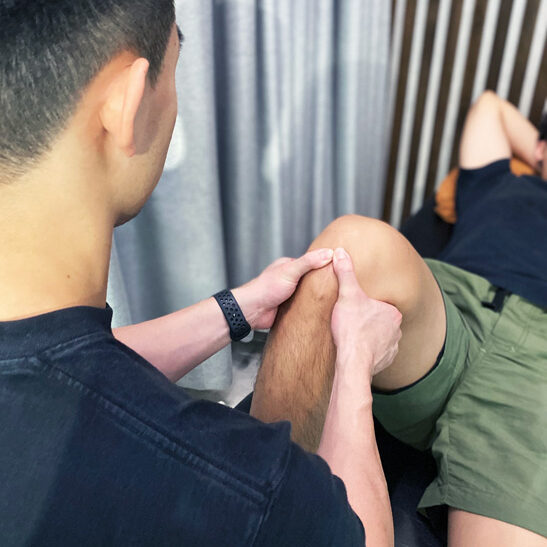Common Conditions
Knee Pain (Runner's Knee)
Symptoms, Common Causes and Treatments
Understanding Knee Pain: Patellofemoral Pain Syndrome (PFPS)
Knee pain is a common issue that many people face, and one of the most prevalent conditions contributing to it is Patellofemoral Pain Syndrome (PFPS), also known as runner’s knee. This term describes diffuse pain arising from the patellofemoral joint or the surrounding soft tissues. It affects about one in four people annually and can significantly impact daily activities and quality of life.
What is Patellofemoral Pain Syndrome?
PFPS is characterized by pain in the front of the knee and around the patella, or kneecap. The pain often worsens with activities that load the patellofemoral joint, such as squatting, kneeling, walking up and down stairs, and running. Conversely, the pain typically improves with rest and activities that don't stress the knee, like sitting or lying down.
Symptoms of PFPS
The hallmark of PFPS is a dull, aching pain in the front of the knee. Common symptoms include:
- Pain when walking up or down stairs
- Discomfort during activities requiring kneeling or squatting
- Pain after sitting with bent knees for long periods
- Pain associated with changes in activity level, intensity, playing surface, or equipment
- Popping or crackling sounds in the knee when climbing stairs or standing up after sitting

